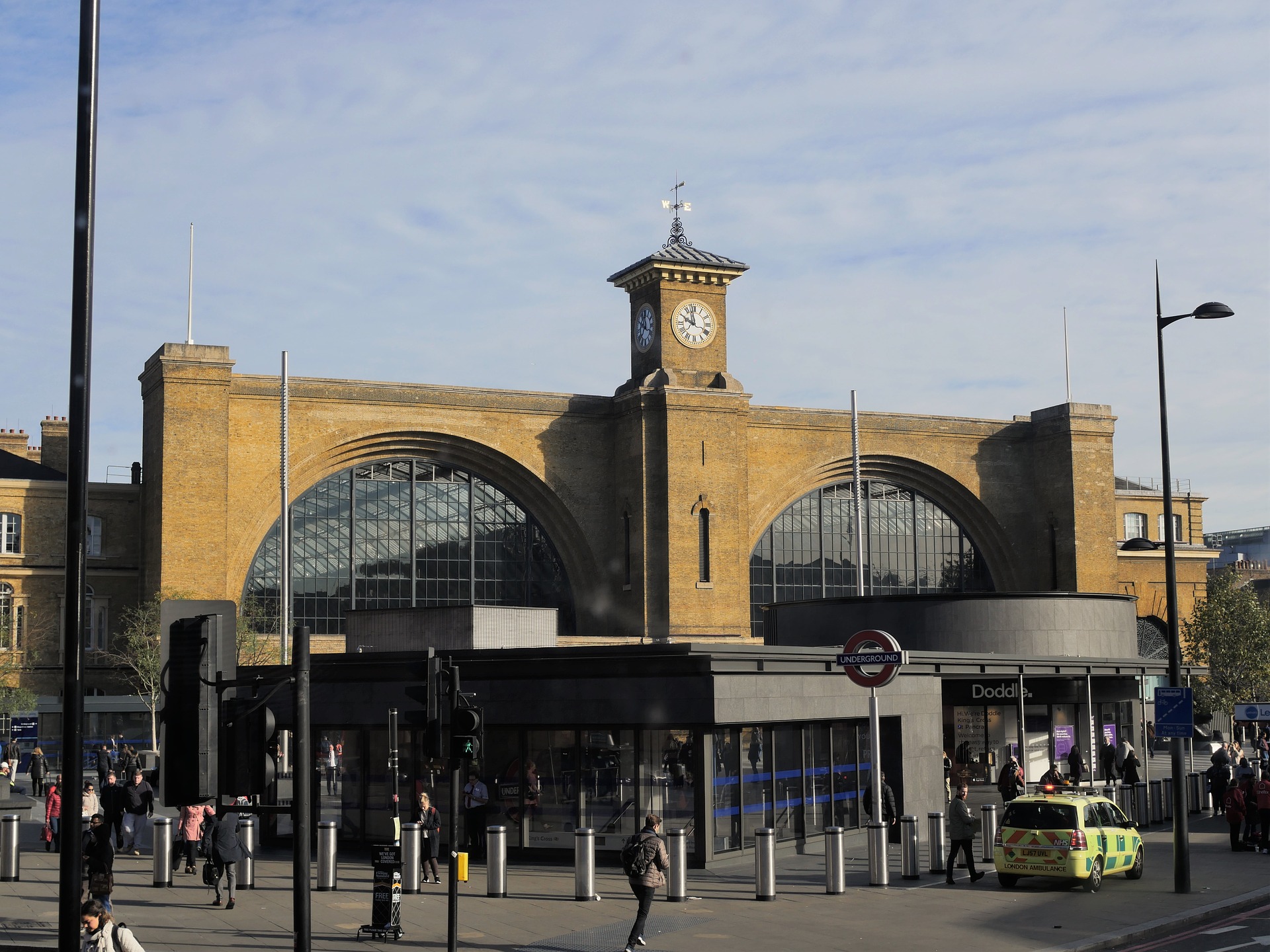Do Men Become Less Attractive As They Lose Their Hair?
It’s estimated that up to 25% of men begin to lose their...
Most Common Coins Used by Players in Crypto Casinos
One of the most recent and significant developments in...
6 Business Trends We’re Likely to See in 2021
It’s safe to say that 2020 took a heavy toll on the...
What are the advantages of invoice finance for your cash flow management?
In these uncertain economic times, it’s more important than...
La Zagaleta Restores The Millennial Generation
Crossing the security barrier that protects La Zagaleta...
Why Mobile Casinos Are So Popular
The number of people choosing to play at mobile casinos has...
Top Consumer Insights Platforms To Use In 2021
Customer insights give you an idea about your customer. You...
Top five digital marketing trends for 2021
Goodbye to the year 2020! Every business was affected by...
5 Ways To Safeguard Your Financial Future
Whether you are just starting your professional career or...
Six reasons why you should move to Kings Cross
Moving house is a significant decision, and various factors...











 Bitcoin
Bitcoin  Ethereum
Ethereum  Tether
Tether  XRP
XRP  USDC
USDC  Solana
Solana  TRON
TRON  Lido Staked Ether
Lido Staked Ether  Cardano
Cardano  Avalanche
Avalanche  Toncoin
Toncoin